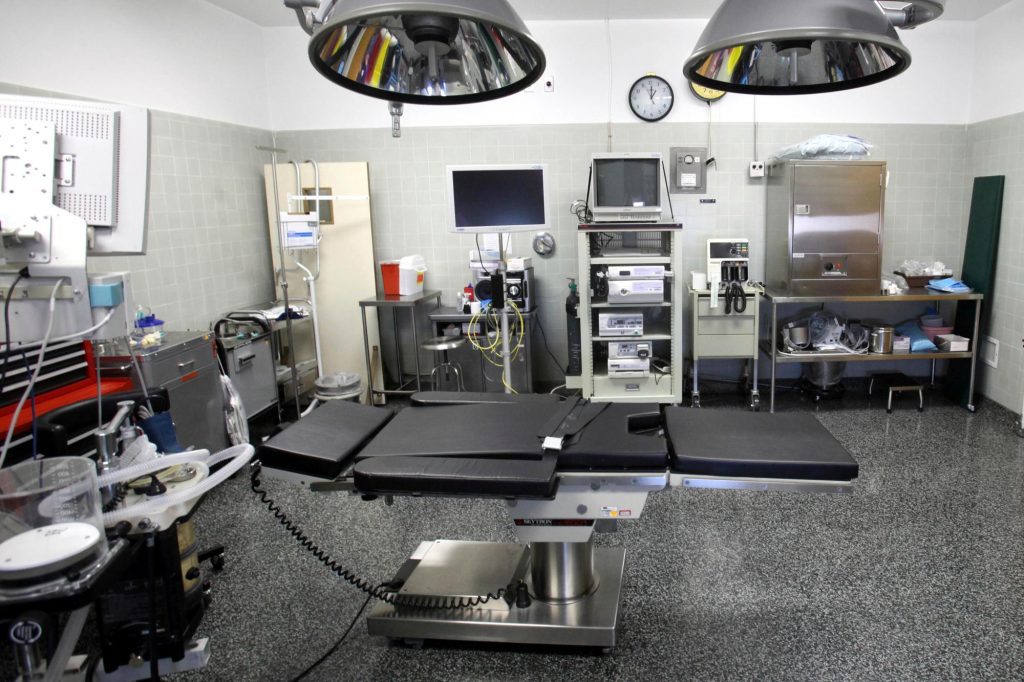By DEVNA BOSE (AP Health Writer)
Hospitals now have to ask for written permission from patients before doing exams on sensitive areas, especially if the patient is unconscious, the federal government announced on Monday.
The U.S. Department of Health and Human Services has issued new guidance, stating that consent is required for breast, pelvic, prostrate, and rectal exams conducted by medical students, nurse practitioners, or physician assistants for learning purposes.
The department released the guidance to provide clear information about hospital consent requirements, emphasizing the need for consent for specific medical procedures and stating the level of detail required for medical students.
Hospitals that fail to get explicit consent may lose eligibility for Medicare and Medicaid programs, and could face fines and investigations for violating patient privacy laws, according to Office of Civil Rights director Melanie Fontes Rainer.
During anesthesia, doctors and medical students sometimes perform exams on sensitive areas for training. About 20 states have passed laws requiring patient consent for these exams.
HHS Secretary Xavier Becerra and other top health officials criticized the practice of conducting these exams without explicit consent in a letter to teaching hospitals and medical schools on Monday. They stated that hospitals need to establish clear guidelines for getting and documenting informed consent for these examinations.
According to experts, it is unclear how frequently these exams occur, as well as how often patients understand what they are consenting to when they sign consent forms before surgery.
Scott Berkowitz, founder and president of the Rape, Abuse and Incest National Network, described the letter as a significant step forward in protecting patients and medical residents.
Berkowitz stated, "The solution to this alarming issue is simple—hospitals need to clearly and explicitly ask for consent."
Alexandra Fountaine, a medical student at Ohio University, expressed skepticism about the letter resulting in actual policy or real change. However, she noted that it made her feel more protected and respected.
Fountaine expressed her fear of such events, saying, "It's my biggest fear. As women, we are constantly afraid of being violated, but it's especially terrifying when we're put in vulnerable positions, like being anesthetized."
___
The Associated Press Health and Science Department receives support from the Robert Wood Johnson Foundation. The AP is solely responsible for all content.









